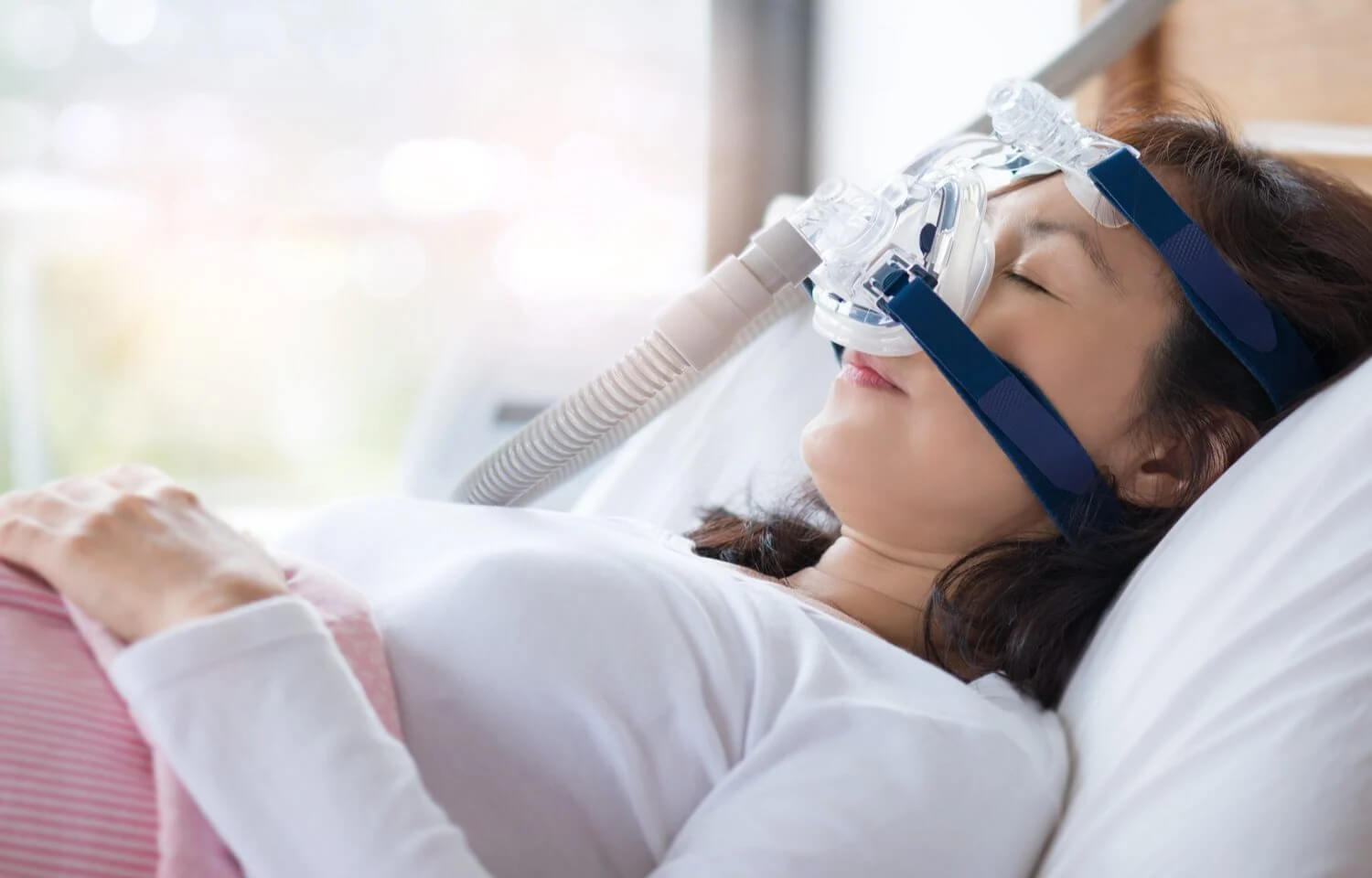Breathing Easy for a Better Night’s Sleep: Exploring PranapedicsTM and Sleep Medicine
Sleep apnea disrupts not only your sleep but also your overall health. Characterized by repeated episodes of breathing cessation during sleep, this chronic sleep disorder can lead to loud snoring, frequent awakenings, and excessive daytime sleepiness. Left untreated, sleep apnea can increase the risk of various health complications. Fortunately, sleep medicine offers a range of treatment options, including CPAP therapy, to help individuals breathe easier and sleep better. However, some individuals seek alternative approaches that complement traditional treatments. This article explores PranapedicsTM, a concept within sleep medicine that focuses on improving sleep and breathing through positional therapy and holistic techniques.
Understanding Sleep Apnea: The Disrupted Breath
Causes and Consequences of Sleep Apnea:
Sleep apnea occurs when the upper airway becomes blocked during sleep, preventing air from reaching the lungs. This blockage can be caused by narrowed airways, enlarged tonsils, or relaxed throat muscles. Chronic sleep deprivation associated with sleep apnea can lead to various health problems, including:
- High Blood Pressure
- Heart Disease
- Stroke
- Type 2 Diabetes
- Mood Disorders
Traditional Treatment Options for Sleep Apnea:

Sleep medicine specialists offer a range of personalized treatment options for sleep apnea, depending on the severity of the condition:
- Continuous Positive Airway Pressure (CPAP): CPAP therapy is the gold standard treatment for moderate to severe sleep apnea. A CPAP machine delivers pressurized air through a mask worn during sleep, preventing airway collapse and ensuring normal breathing.
- Oral Appliances: In some cases, oral appliances designed to keep the airway open during sleep may be a treatment option for mild to moderate sleep apnea.
- Surgery: In some severe cases, surgery might be considered to remove excess tissue or widen the airway.
Limitations of Traditional Treatments:
While traditional treatments like CPAP therapy are highly effective, some individuals find CPAP machines uncomfortable or disruptive to their sleep. This can lead to non-compliance with treatment, hindering its effectiveness.
PranapedicsTM: Exploring a Holistic Approach to Sleep and Breathing
The Concept of PranapedicsTM:
PranapedicsTM is a concept within sleep medicine that emphasizes the importance of posture and breathing techniques for improving sleep quality and potentially alleviating sleep apnea symptoms. It focuses on:
- Positional Therapy: Sleeping on your side is considered a key element of PranapedicsTM, as it helps keep the airway open and prevent obstruction.
- Breathing Techniques: PranapedicsTM might incorporate breathing exercises to improve lung function and respiratory control during sleep.
- Holistic Practices: PranapedicsTM might integrate other holistic practices like yoga or meditation to promote relaxation and improve sleep quality.
Current Research on PranapedicsTM:
PranapedicsTM is a relatively new concept, and research on its effectiveness for treating sleep apnea is ongoing. While some studies suggest potential benefits, more robust research is needed to determine its efficacy as a standalone treatment.
Sleep Medicine: A Multifaceted Approach to Sleep Apnea Management
The Role of Sleep Medicine Specialists:
Sleep medicine specialists play a crucial role in diagnosing and treating sleep apnea. They can assess the severity of your condition, recommend personalized treatment plans, and monitor your progress.
Combining Traditional and Holistic Approaches:
PranapedicsTM can potentially complement traditional sleep apnea treatments like CPAP therapy. Sleep medicine specialists can guide you on incorporating positional therapy and breathing techniques into your sleep routine to potentially improve the effectiveness of your treatment plan.
Importance of Individualized Care:
There is no one-size-fits-all approach to treating sleep apnea. Sleep medicine specialists work with you to develop a personalized treatment plan that addresses your specific needs and preferences.

